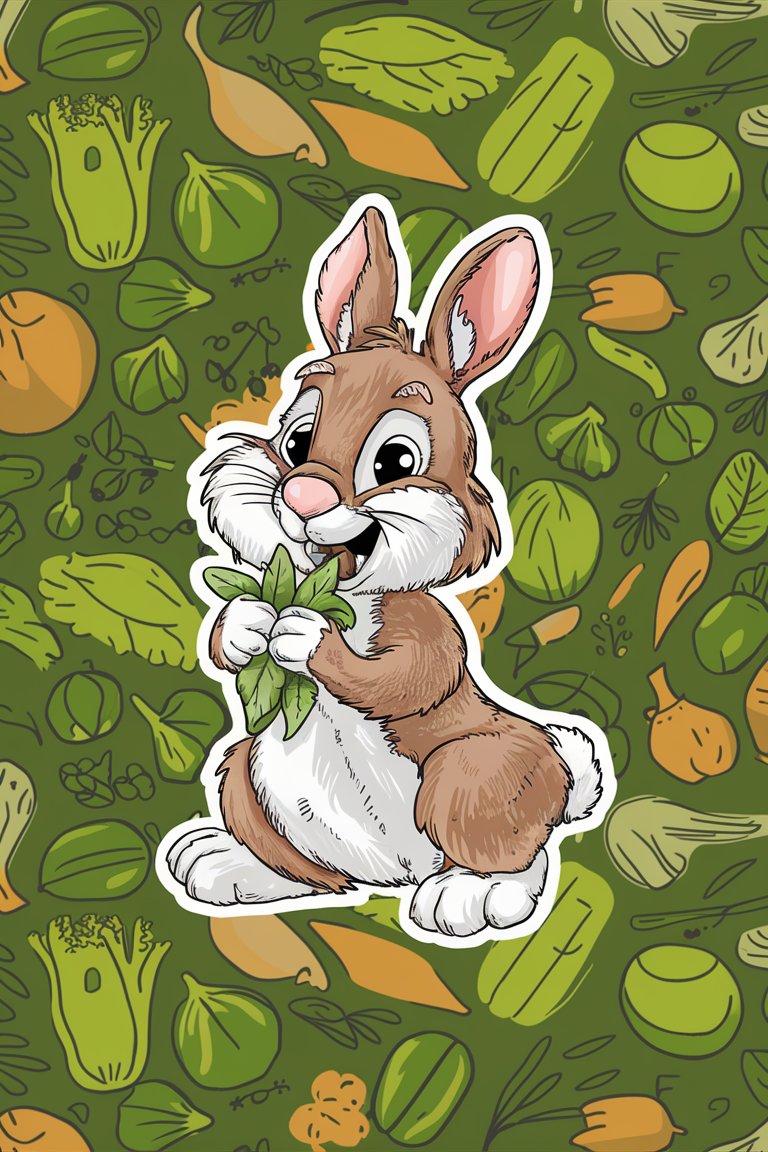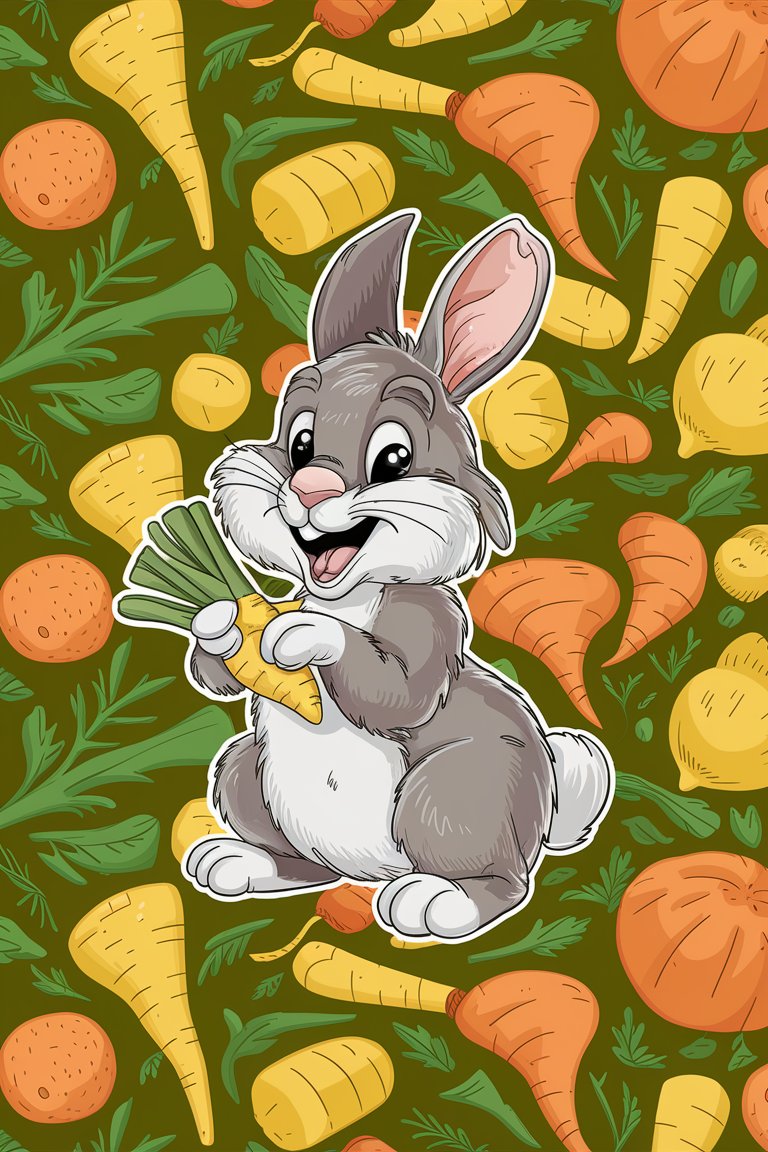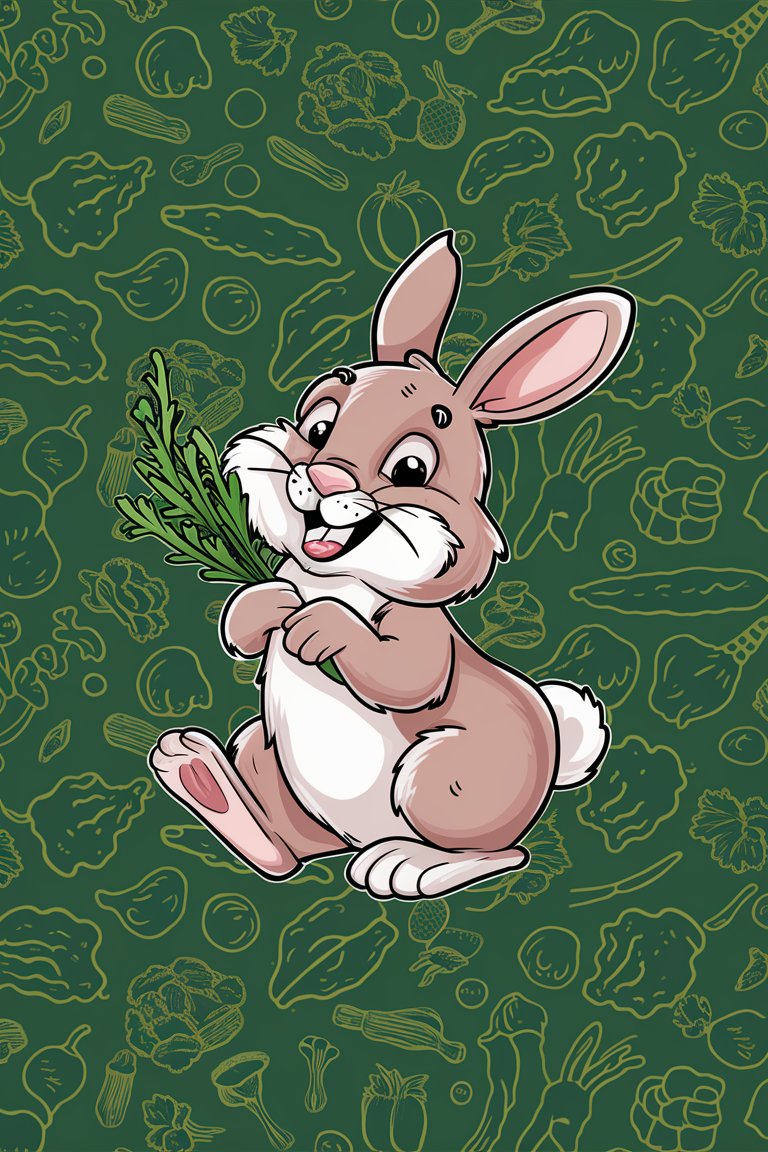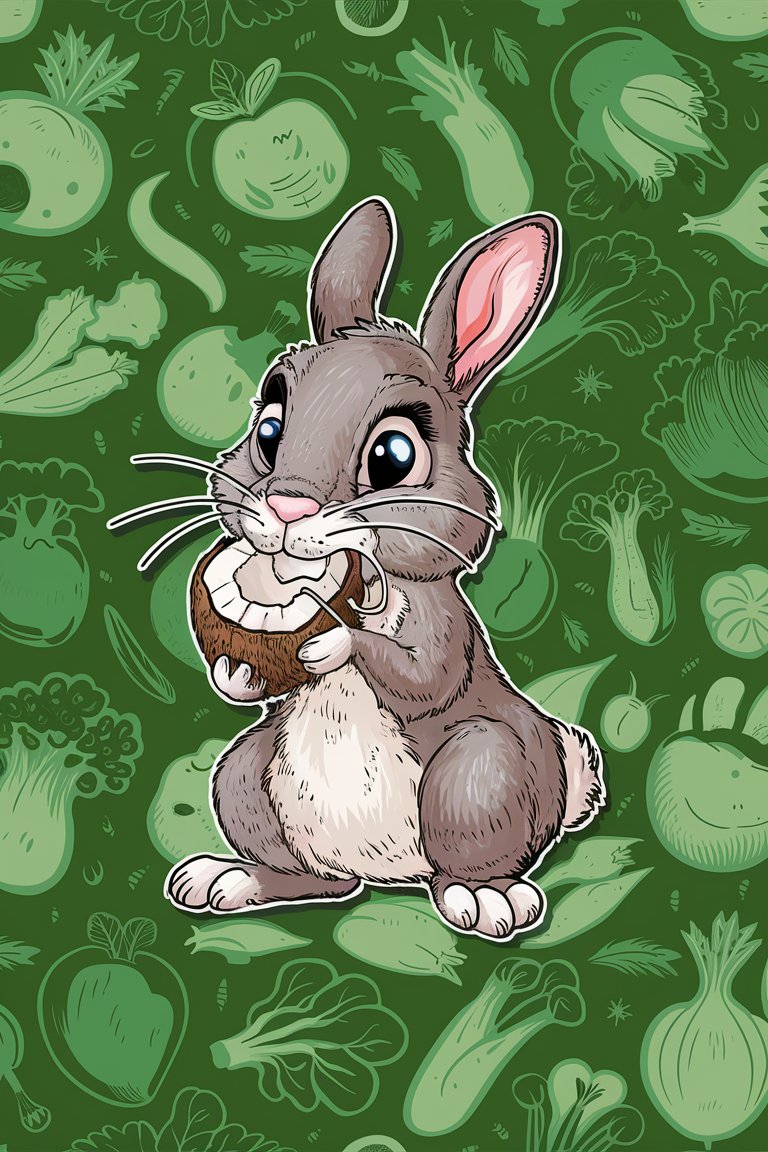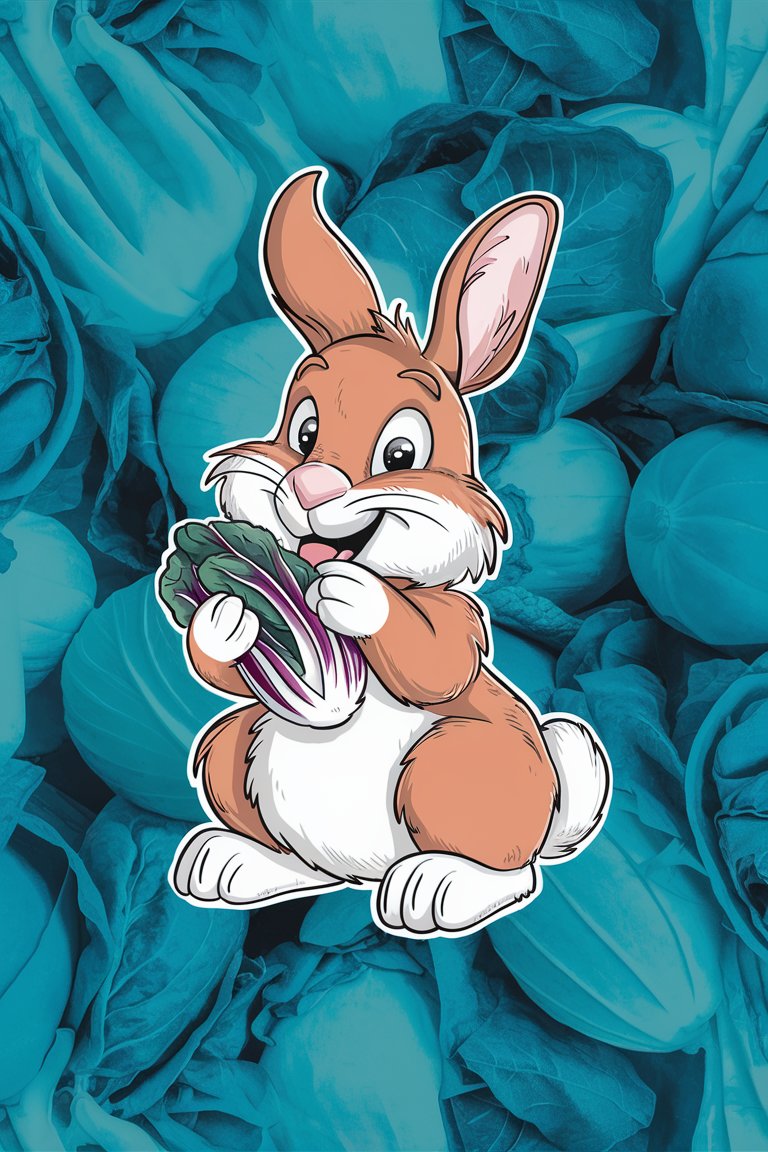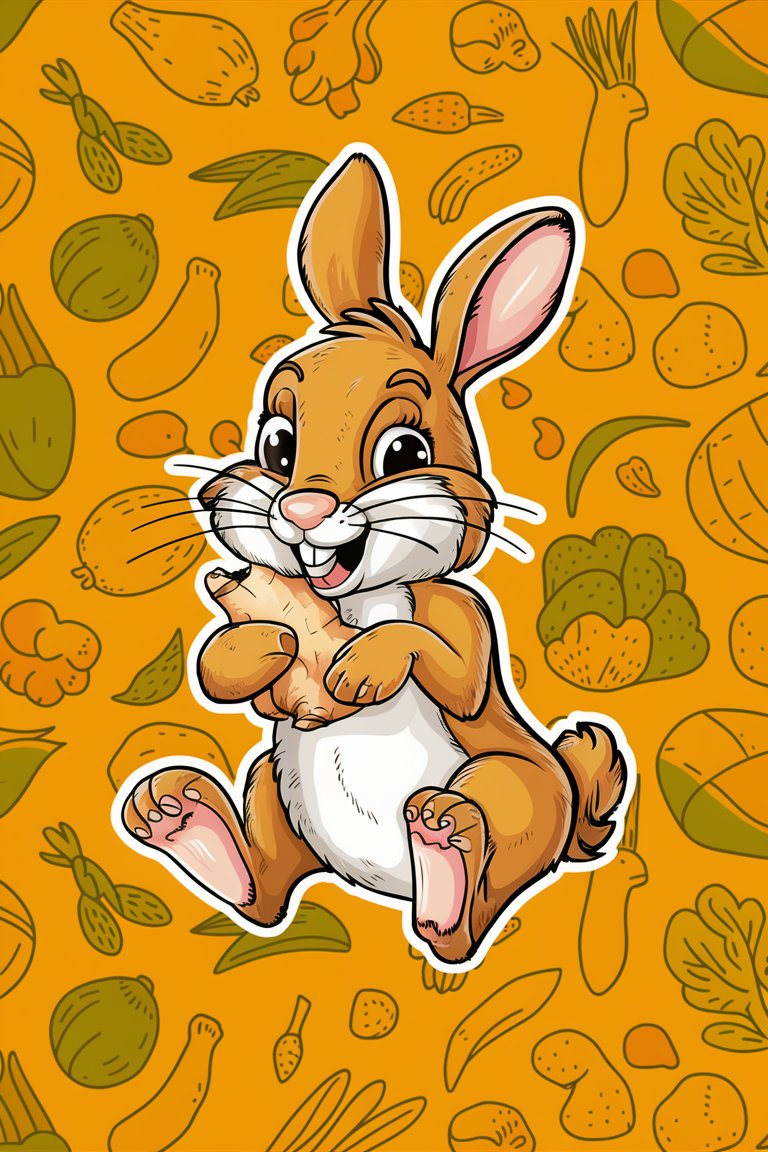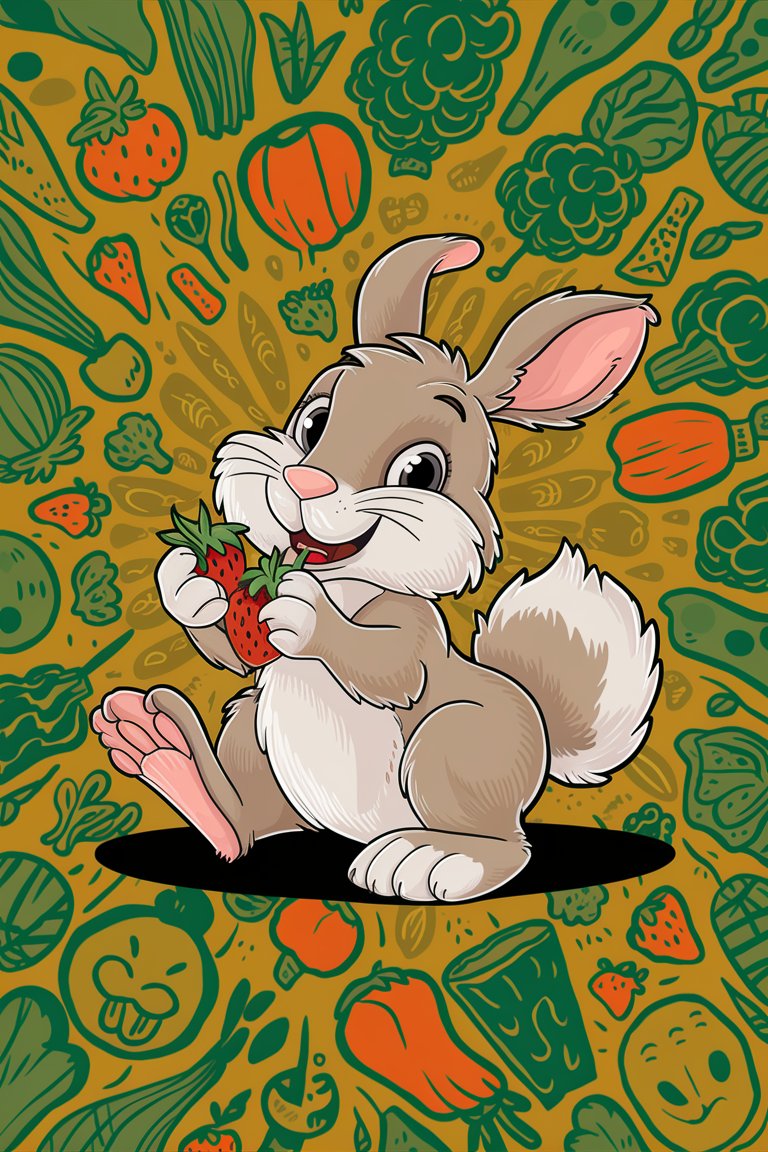What Should and Should Not Rabbits Eat? Ultimate Guide
Rabbits are adorable, right? We all love their twitchy noses and fluffy tails. But their diet? That’s where things get serious.
We want our bunnies to be both happy and healthy. It’s crucial to know what they can chew on and what they must avoid.
We’ll share our personal experiences and give you the essentials. You’ll find out which foods keep them hopping with joy.
So, let’s jump into making better choices for our furry friends. Easy-peasy, we’ll keep it simple. Ready?
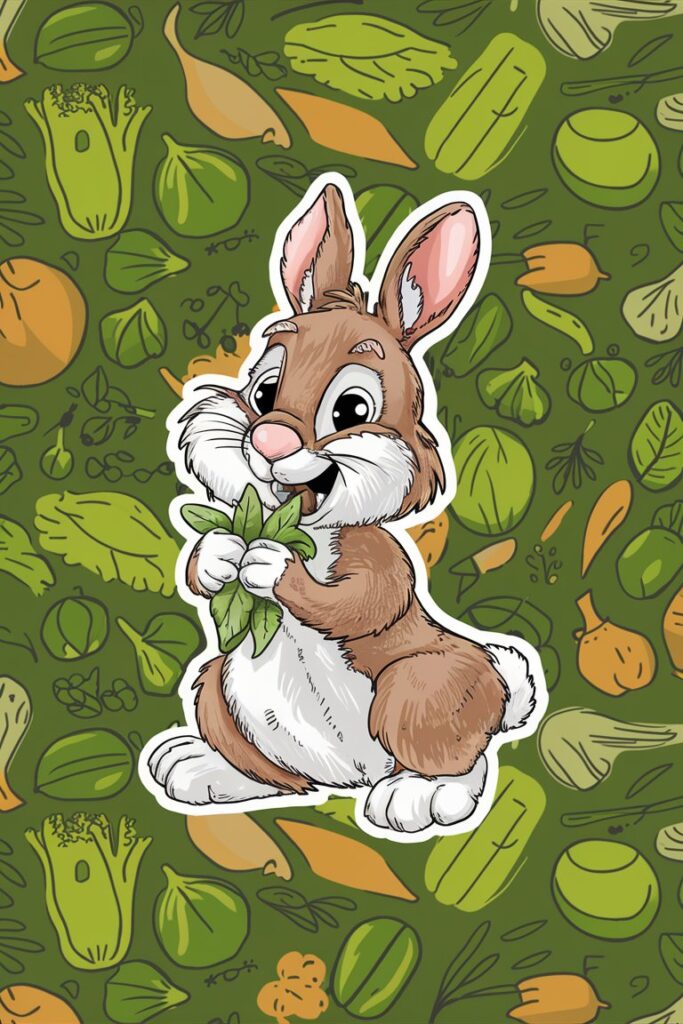
The Right Diet for Rabbits
We all want our bunnies to be healthy and happy. Unfortunately, feeding them the wrong diet can lead to serious problems. Rabbits need a diet rich in fibre. Their teeth grow continuously, so they need to chew on fibrous food to keep their teeth in good shape.
Most of their diet should not come from a packet. Hay should make up 80% of their diet. It’s essential for their teeth and digestion. Fresh veggies like leafy greens, kale, and spinach are also important.
Avoid foods high in carbohydrates, such as sugary treats and cereals. These can cause obesity and gastrointestinal issues. I remember giving our bunny, Thumper, a small piece of carrot every day. We thought it was healthy, but soon realized it’s too high in sugar for frequent feeding.
Pet food manufacturers have improved, but pellets should only be a small part of their diet. A balanced diet with the right minerals helps keep their teeth and body healthy. Improper calcium and phosphorus levels can cause dental issues, leading to painful spikes and spurs.
Be cautious if your rabbit stops eating or shows discomfort. This can be a sign of dental disease. Regular vet check-ups are crucial. We once had Floppy, our older rabbit, develop an abscess from a periodontal infection. It was a painful condition that needed veterinary care.
In summary, a high-fibre diet is key to keeping your rabbit’s teeth and body in top condition. Ensure they spend a lot of time eating suitable foods to prevent diseases. A good diet goes a long way in keeping your bunny hopping with joy!

Eating Habits for Rabbits
Rabbits mostly eat in the early morning, evening, and at night. In the wild, this schedule keeps them safe from predators. Many pet rabbits follow the same pattern. They’ll spend around 6-8 hours a day eating. The rest of the time, they’ll be underground, digesting food and staying safe.
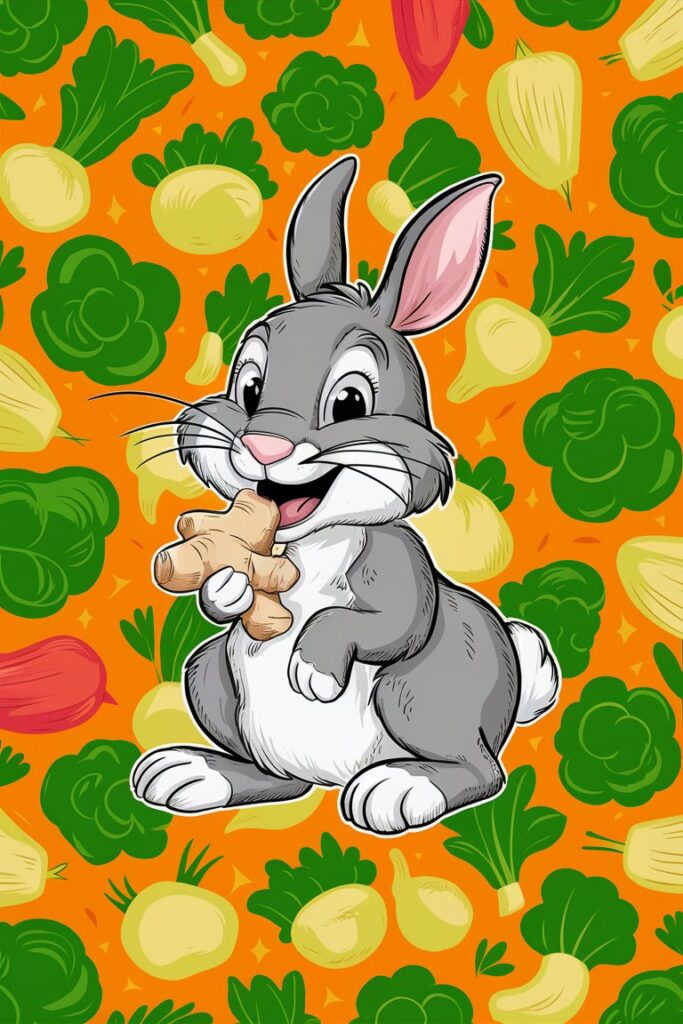
When feeding, rabbits are always alert. Their hearing is acute, and their large eyes give them a wide field of vision. They can’t see directly under their nose, so they rely on smell and feel to find food. Their powerful hind legs and light skeleton let them sprint quickly to safety.
Rabbits don’t need a lot of variety in their diet every day. Sudden changes can upset their digestion and cause diarrhoea. Always introduce new foods gradually over several days or weeks. Start with small amounts and increase slowly while reducing the old food.
When you get a rabbit, it’s crucial to know its past diet. Sudden diet changes and lack of fibre can be harmful. Stress from moving to a new place can further complicate things, especially for young rabbits. It’s not uncommon for new owners to face issues if they aren’t aware of these factors. Taking the time to transition foods properly can make a big difference in your rabbit’s health.
In essence, consistent, gradual changes are key to keeping your rabbit’s digestive system balanced. Being mindful of their feeding habits and making slow diet adjustments ensures they stay healthy and happy.

What Should Rabbits Eat?
Ultimately, rabbits should eat a diet that is high in fibre and low in carbohydrates. A good rule of thumb is to stick to foods found in nature, such as fresh veggies, hay, and grasses. These mimic what rabbits would naturally eat in the wild.
Hay and Grass
Hay and grass should make up the majority of a rabbit’s diet. Timothy hay is perfect because it’s high in fiber and low in protein and calcium. It’s crucial for chewing and digestion.
Access to hay all the time keeps their system running smoothly. We’ve seen our rabbits munching happily on hay, and it really makes a difference in their health.
Rabbits love it, and it keeps their teeth from growing too long. Eating hay helps avoid dental problems.
Always keep fresh hay for your bunnies. Avoid overloading them with treats. Stick to nature’s basics, and you’ll see them thriving.
Vegetables
Rabbits can eat a variety of fresh vegetables, such as:
- Asparagus
- Kale
- Pumpkin
- Cat grass
- Green peas
- Spinach
- Cabbage
- Turnips
- Celery
- Parsley
- Cucumber
- Zucchini
- Green beans
- Bell peppers
- Broccoli
Introduce new vegetables gradually and in small amounts to avoid digestive upset. Avoid feeding rabbits vegetables high in oxalates, such as spinach and kale, in large quantities.
Fruits
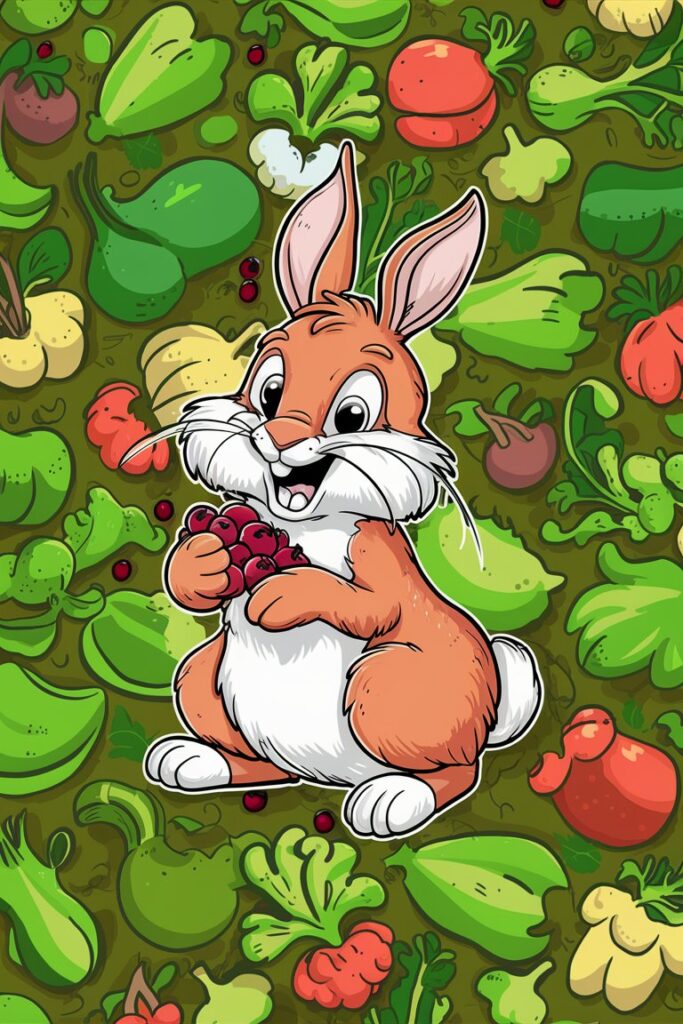
Fruits should be fed in moderation as they are high in sugar. Some safe options include:
Treats
Treats should make up no more than 10% of a rabbit’s diet. Some healthy treat options include:
- Carrot tops
- Dandelion greens
- Basil
- Mint

What Shouldn’t Rabbits Eat? Foods to Avoid

Certain foods can be harmful to rabbits and should be avoided, such as:
- Chocolate
- Onions
- Garlic
- Avocado
- Rhubarb
- Iceberg lettuce
- Bread
- Dairy products
- Meat
They can cause digestive issues, toxicity, and even death in severe cases. It’s best to stick to a diet that mimics what rabbits would eat in the wild.
References
- American Rabbit Breeders Association. (n.d.). Retrieved from https://www.arba.net/
- American Veterinary Medical Association. (n.d.). Retrieved from https://www.avma.org/
- The Humane Society. (n.d.). Retrieved from https://www.humanesociety.org/
- Rabbit Care Tips. (n.d.). Retrieved from https://www.rabbitcaretips.com/

